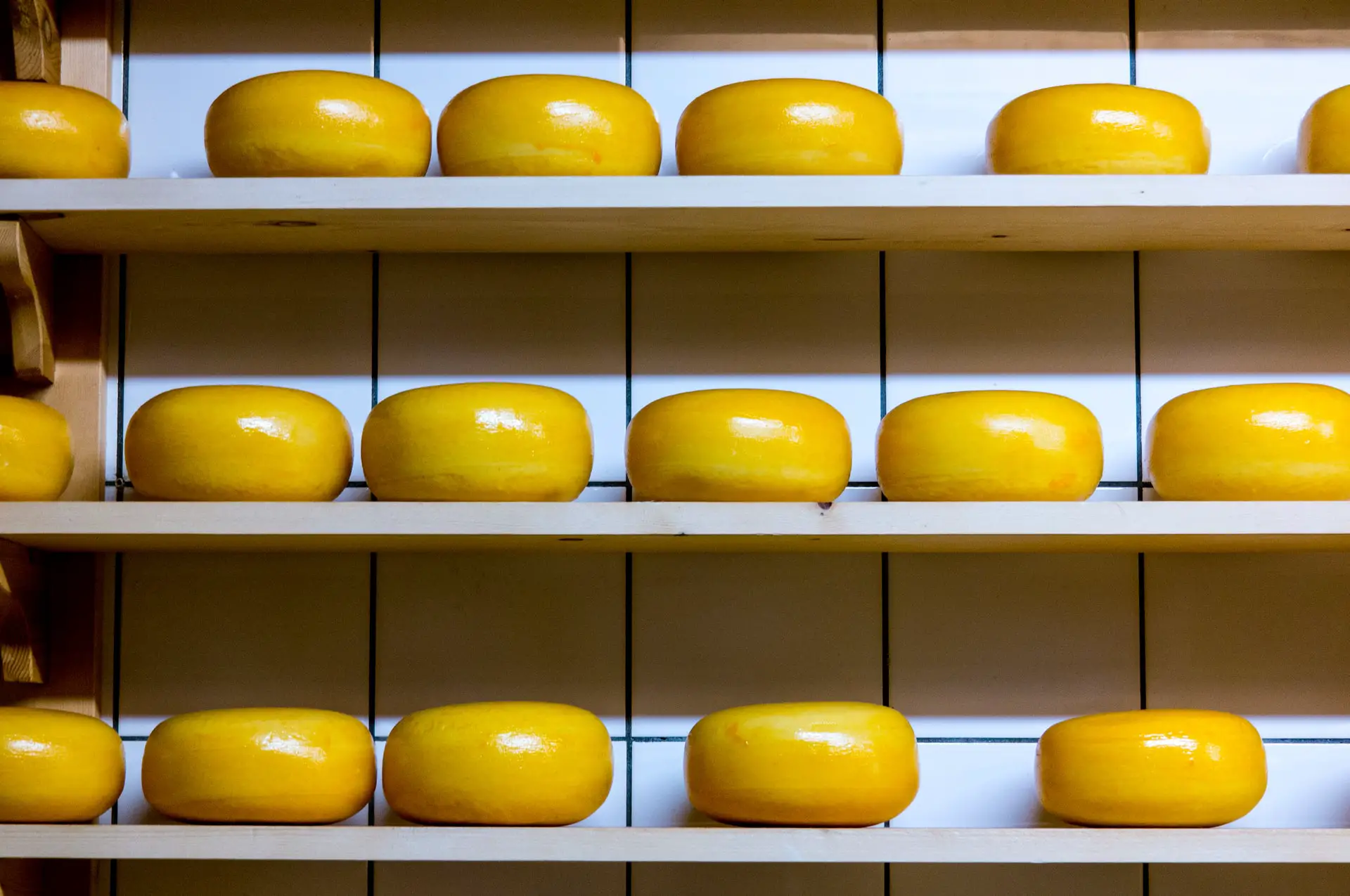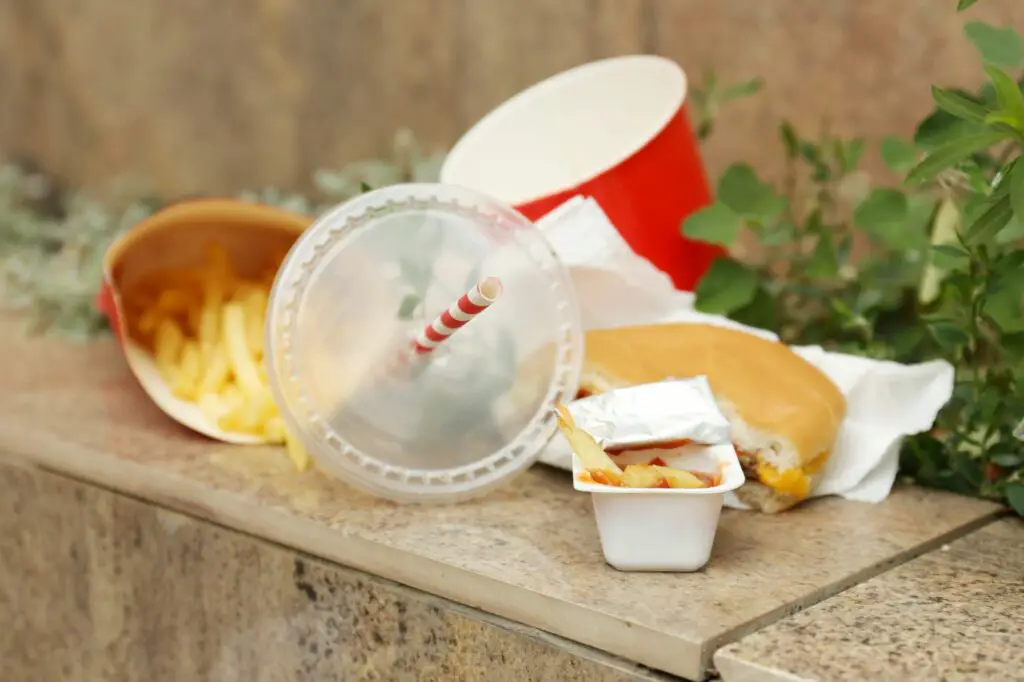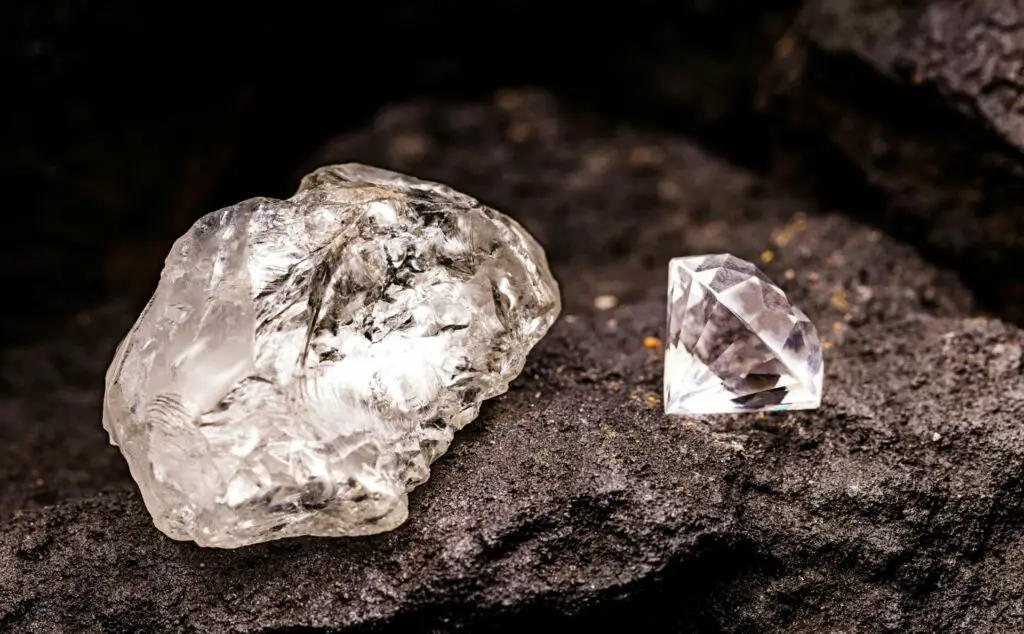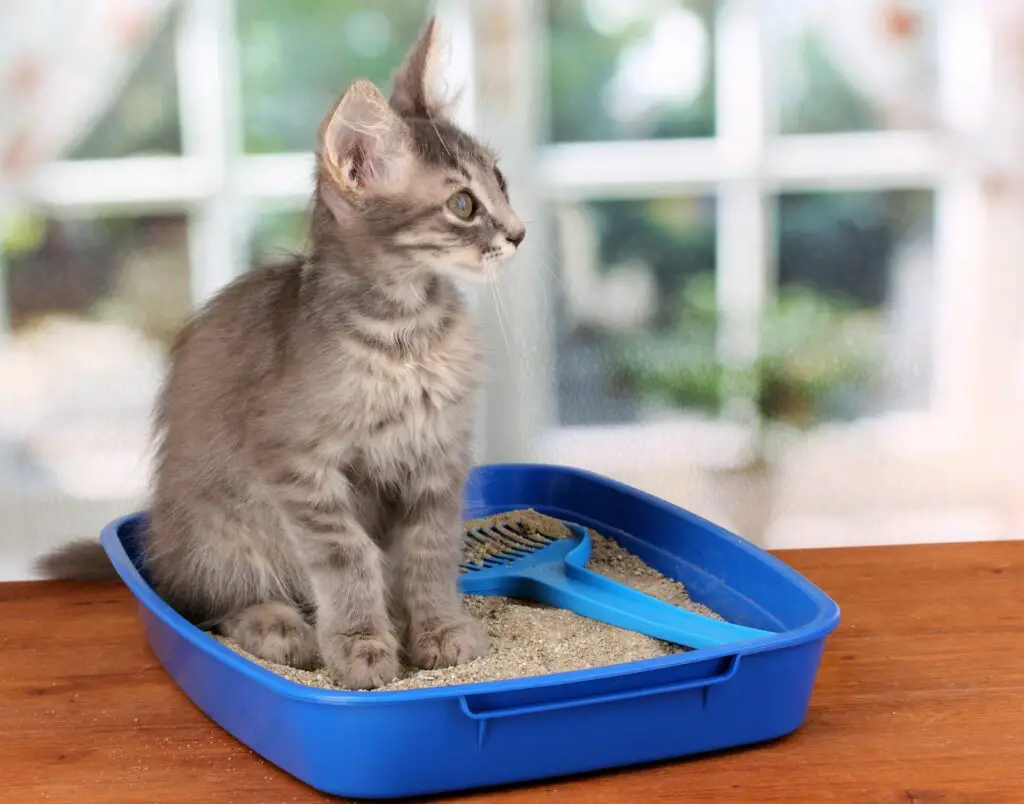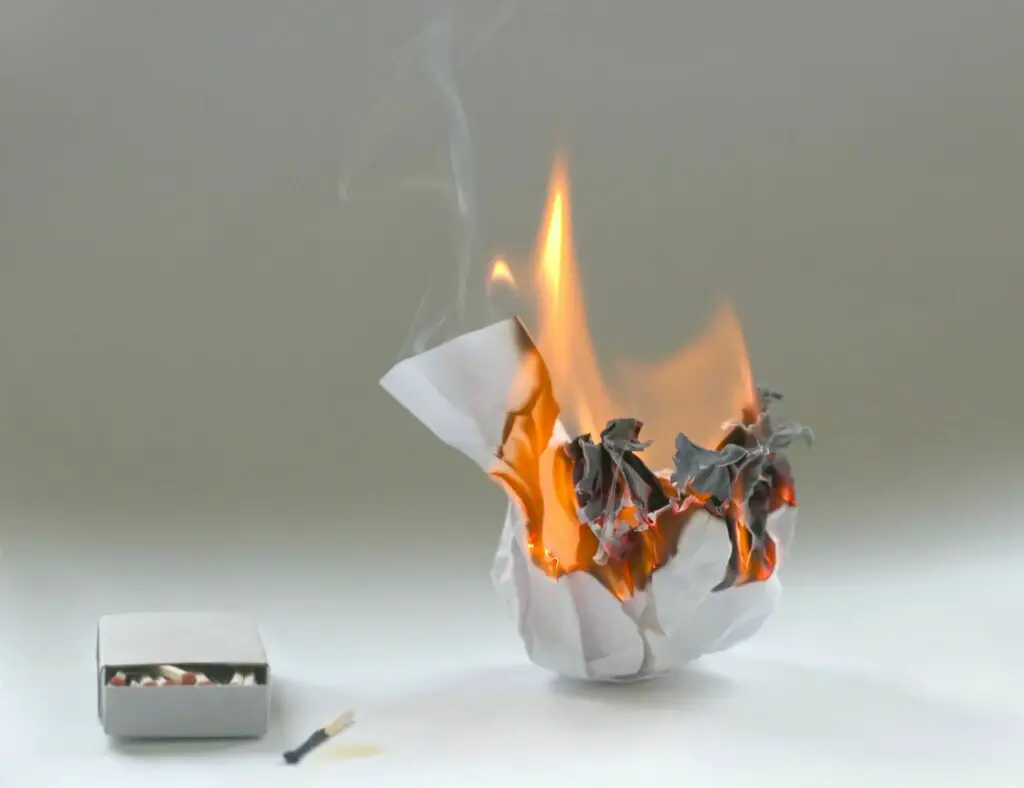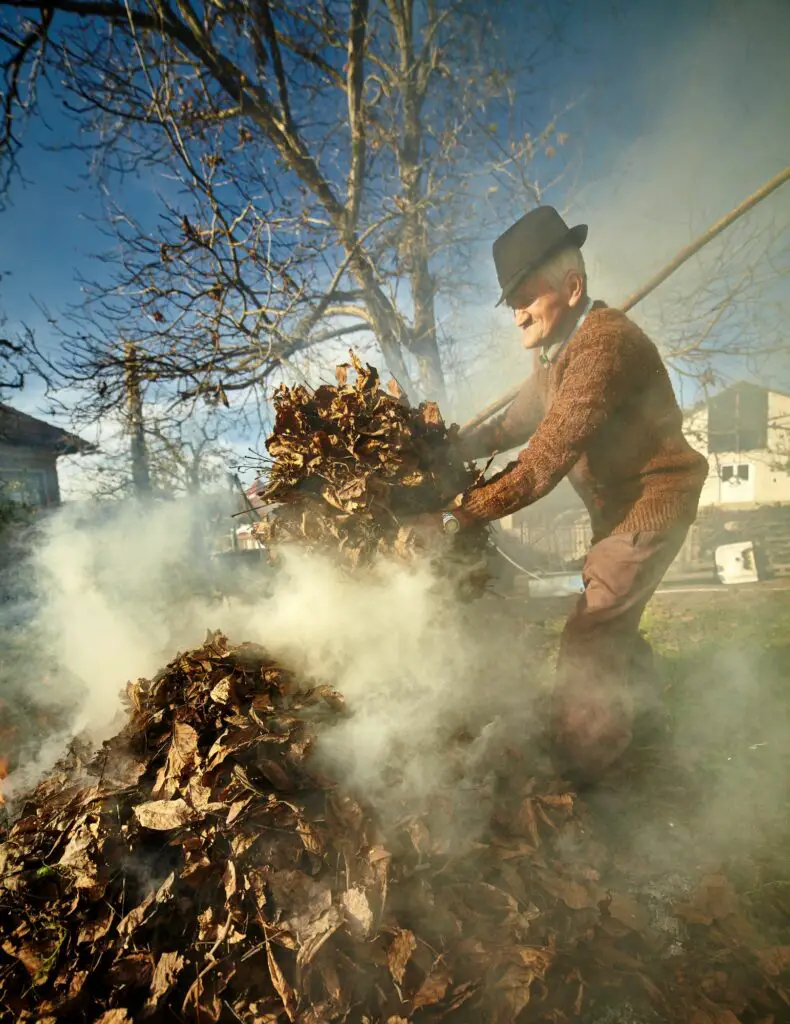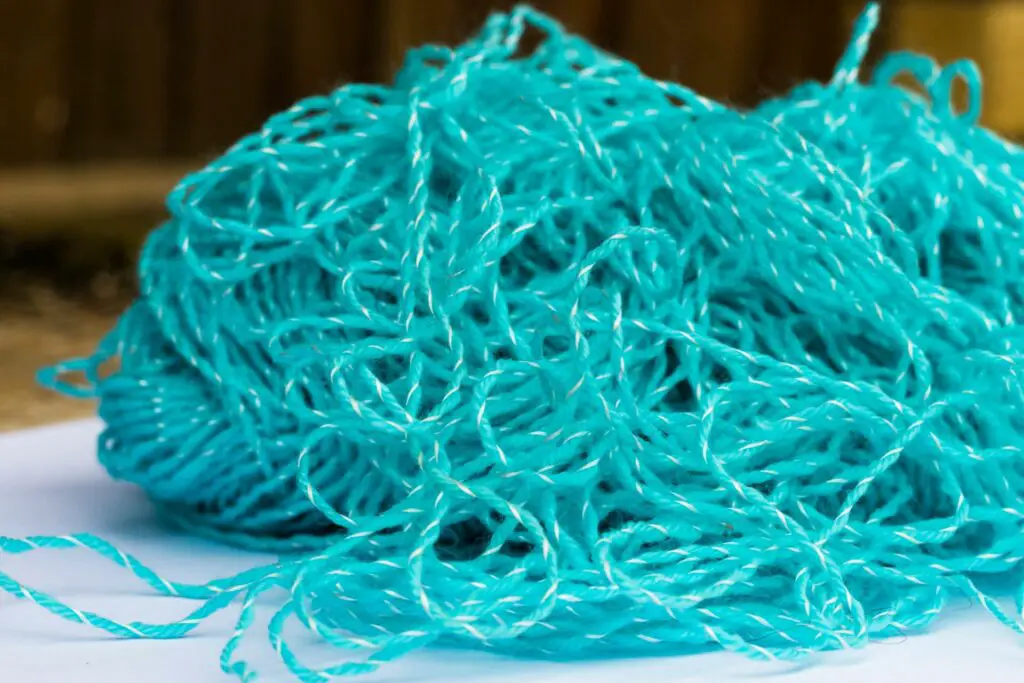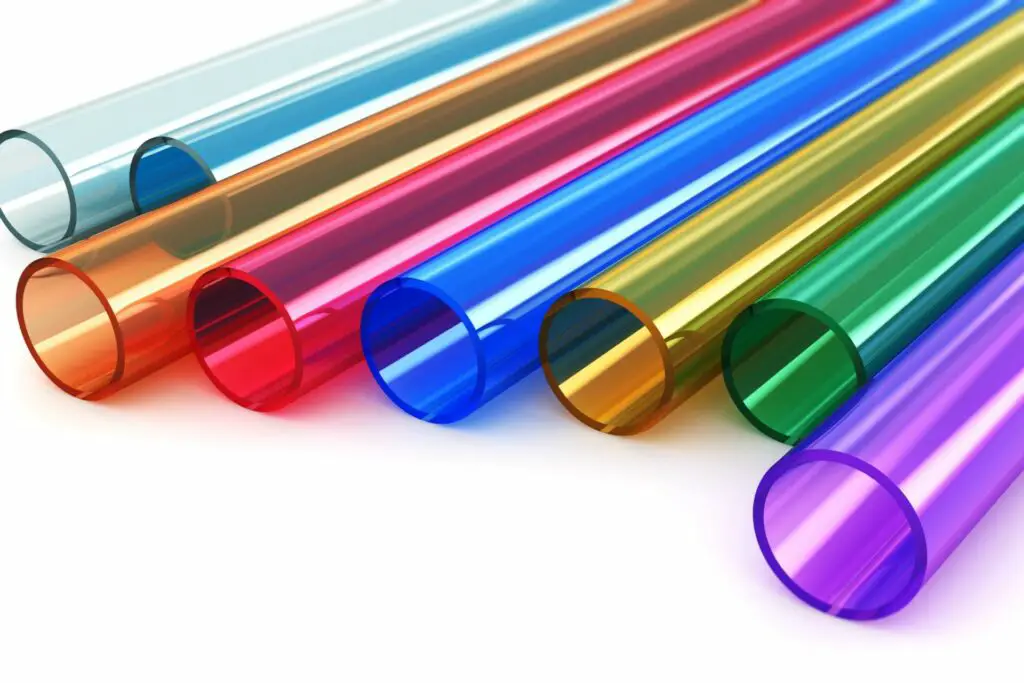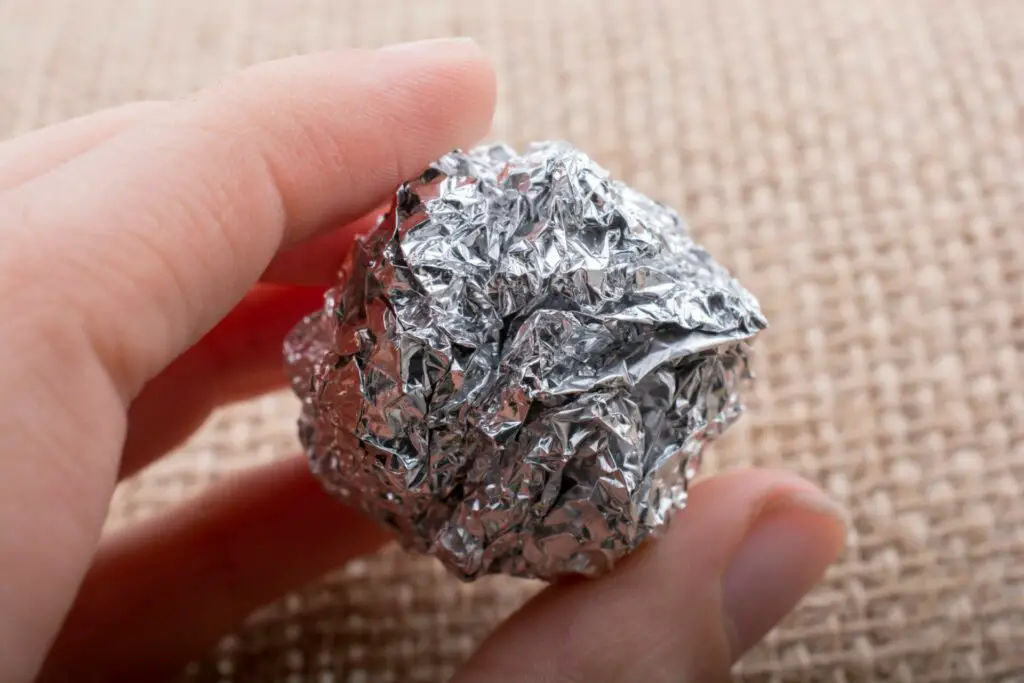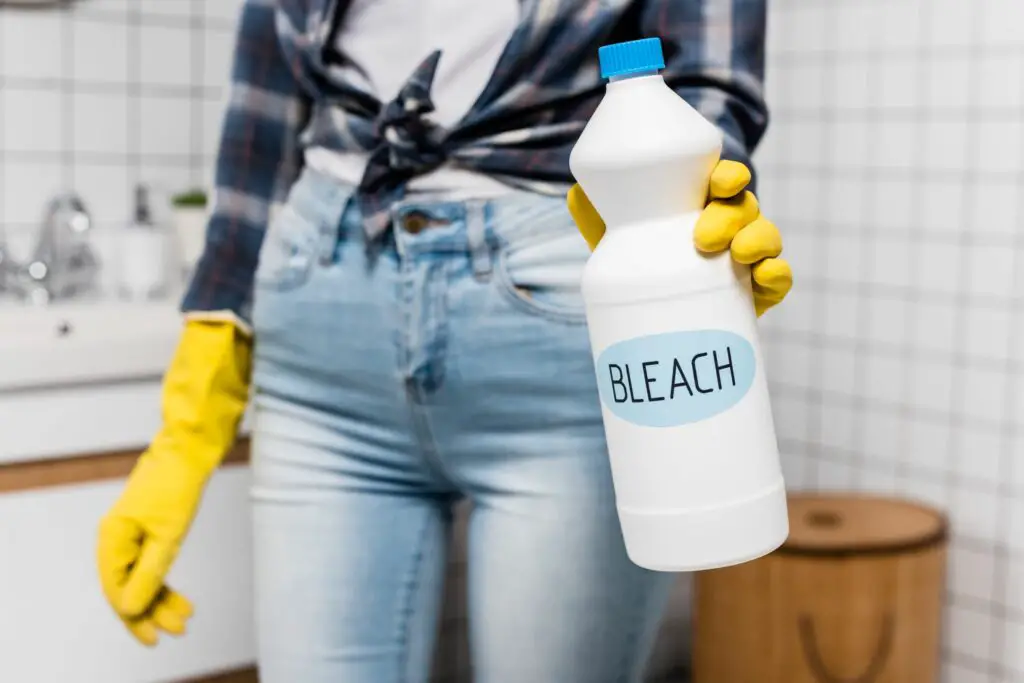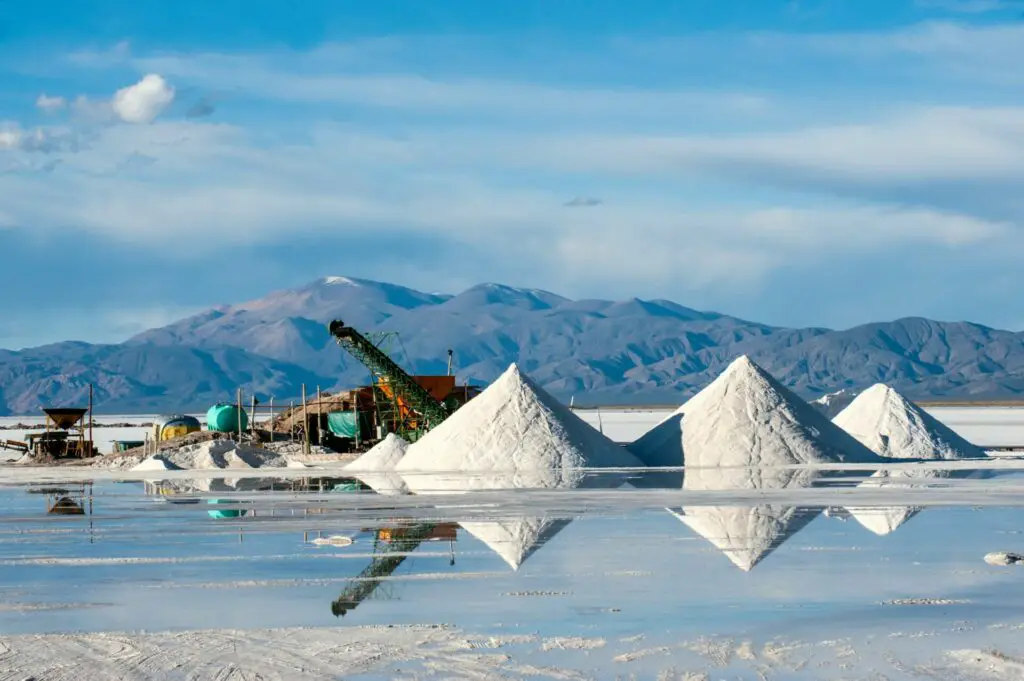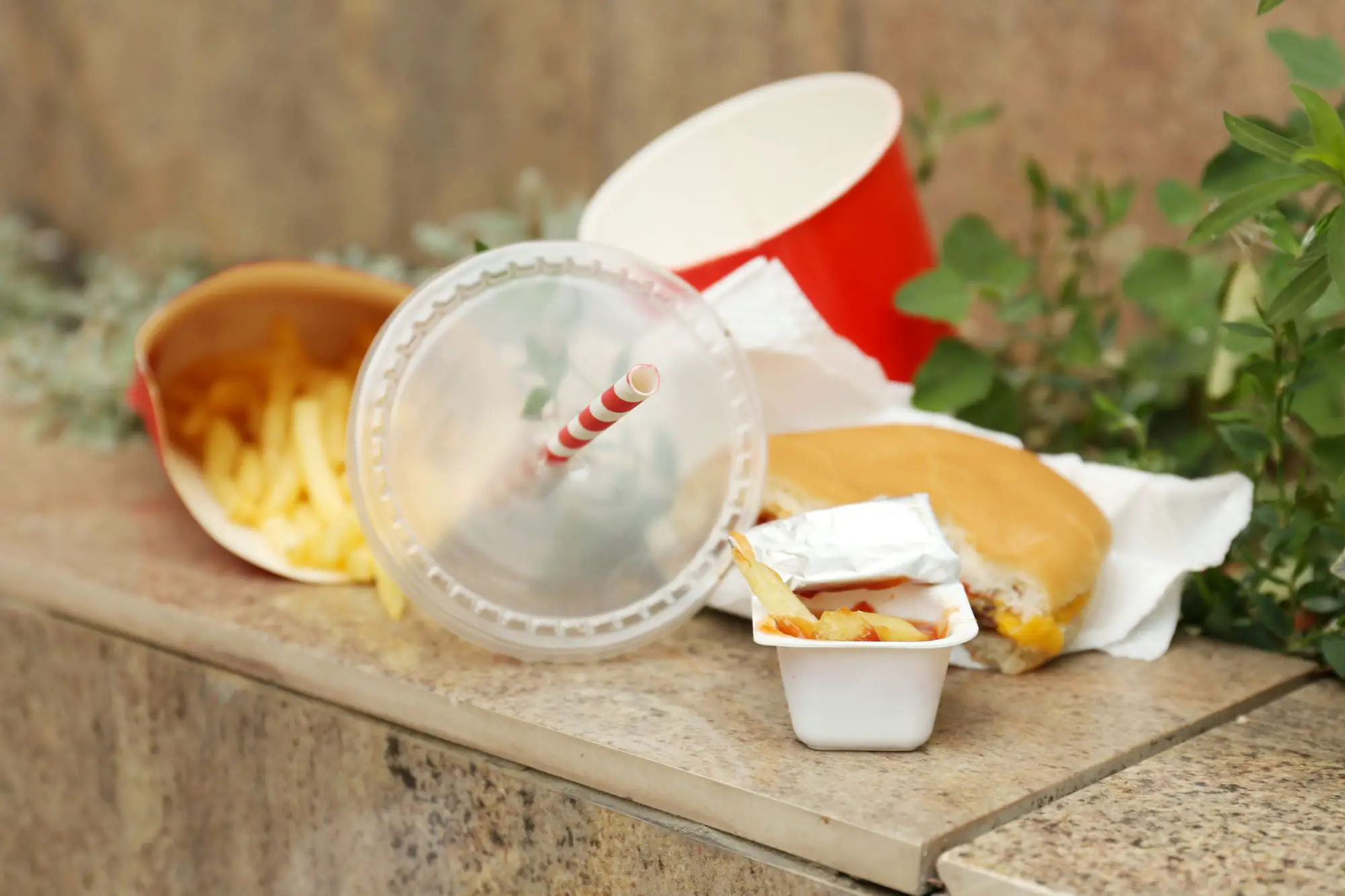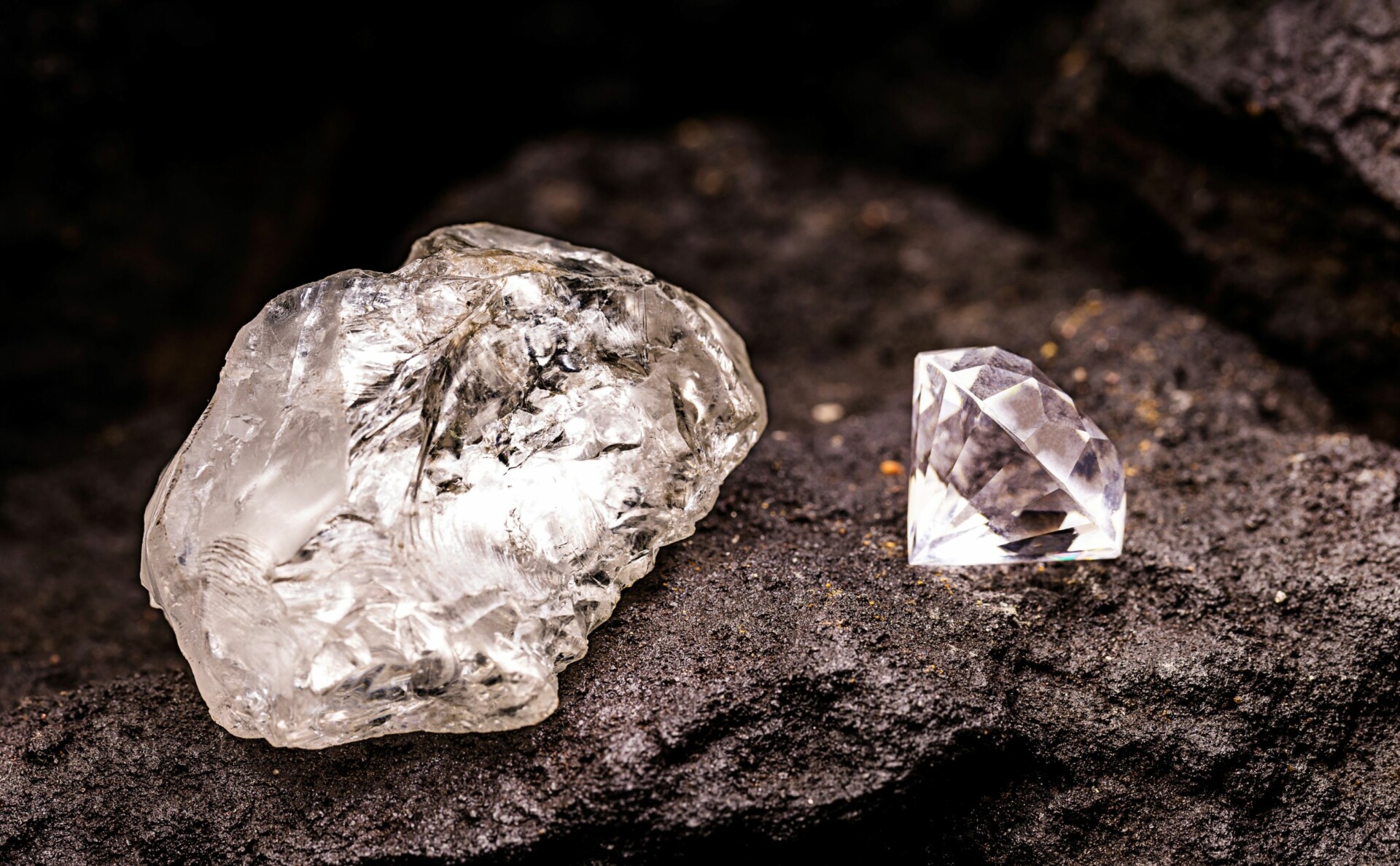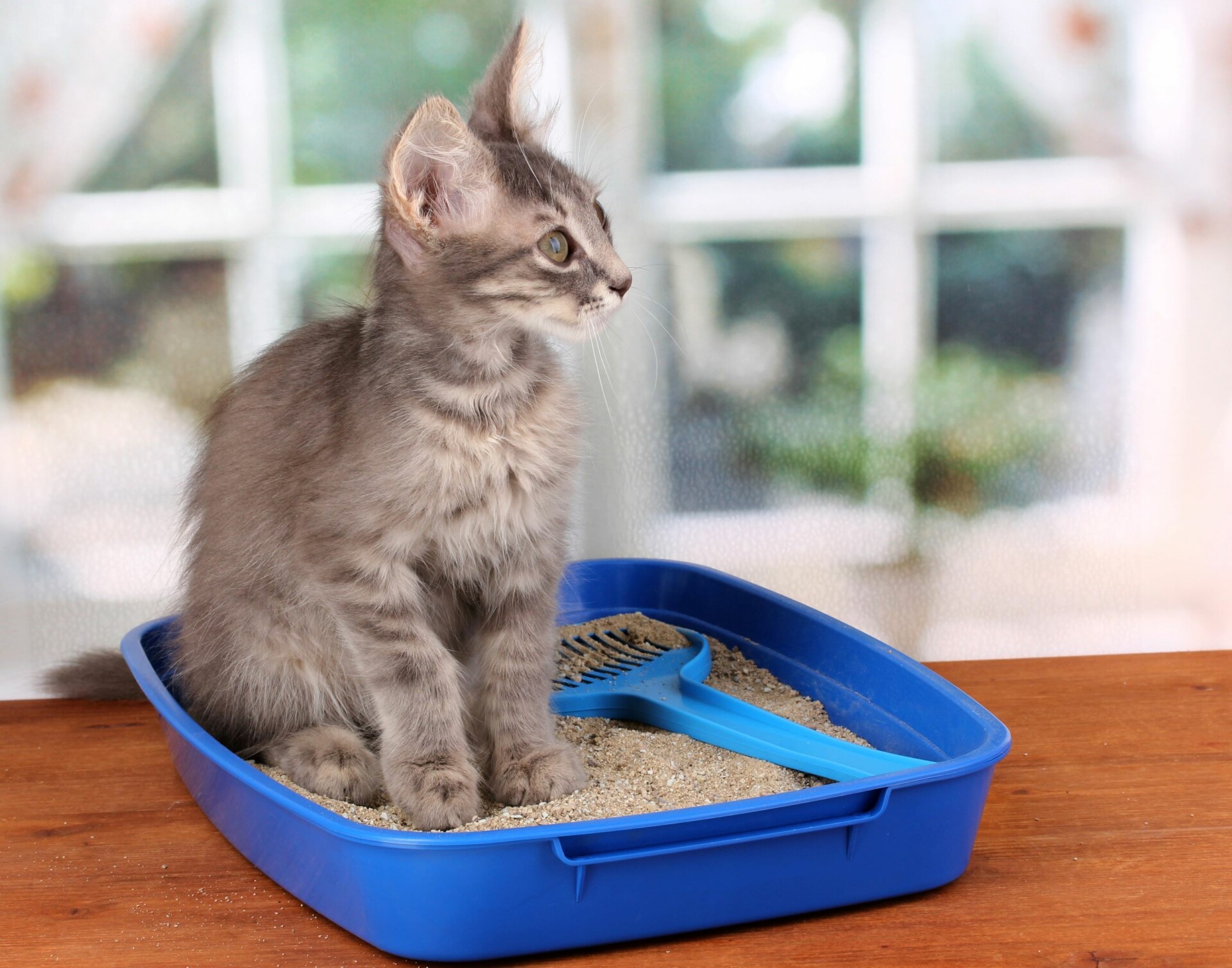If cheese is a food staple in your household, you may have come into contact with cheese wax – the coating around some types of cheese that helps to retain moisture and prevents mold growth.
But whether you make your own cheese or you prefer store-bought, you may have an excess of cheese wax that you aren’t sure what to do with.
Maybe you’ve tried adding it to your compost and had unfavorable results, or you’re just wondering if it can be composted in the first place. After all, it’s a food product, right?
Well, the answer may surprise you: cheese wax is not compostable.
But why isn’t cheese wax compostable? Are there any types of cheese wax that are? And if it isn’t compostable, is it at least biodegradable?
For the answers to these questions and more, please continue reading.
Is Cheese Wax Compostable?
You may assume that cheese wax is compostable since it is used on a food product to help preserve it.
But despite that fact, cheese wax actually isn’t compostable. The reason why has to do with what it is made of.
Cheese wax is made out of paraffin and microcrystalline wax, both of which are by-products of refining crude oil.
Although crude oil is a natural resource, these types of wax are both considered to be synthetic.
In addition to containing a lot of the chemicals that are naturally found in crude oil, they may have other chemicals added as well including color additives.
It isn’t a good idea to put any petroleum by-products into compost due to the chemicals that can be potentially harmful.
But that’s not the only reason that cheese wax isn’t compostable.
Another reason is because cheese wax takes a long time to break down.
Food scraps and plant material can be broken down fairly quickly by insects, bacteria, and other organisms found in the compost.
But these organisms can’t break down synthetic waxes and petroleum-based products as easily.
Other natural methods are needed to decompose cheese wax, which may take longer.
How Long Does It Take For Cheese Wax To Biodegrade?
It’s hard to say exactly how long it takes for cheese wax to biodegrade because it is made from a combination of waxes.
Some waxes biodegrade more quickly than others, but petroleum-based waxes like paraffin and microcrystalline can take a long time to biodegrade.
Depending on the amount of paraffin in them, paraffin wax products can biodegrade quickly, or they can take several years.
Microcrystalline wax can take even longer to biodegrade or may not be biodegradable at all.
Since cheese wax contains both of these waxes, it could potentially take hundreds of years to fully decompose.
Does Cheese Wax Produce Good Compost?
Although the paraffin and microcrystalline wax used for cheese wax are considered to be food-safe, it isn’t a good idea to put cheese wax into your compost.
Even if the cheese wax does eventually decompose, some of the chemicals used to make cheese wax can be released into the compost.
These chemicals can harm the compost as well as the organisms that help to break down things that are compostable.
So in short, the answer is no. Cheese wax does not produce good compost.
Under Which Conditions Does Cheese Wax Biodegrade?
Several factors affect the rate of biodegradation, including
- Microorganisms
- Temperature
- Availability of air
- Soil health
- Water
- Sunlight
If cheese wax was plant-based, then organisms such as bacteria could break it down more quickly.
But we’ve already mentioned that since cheese wax is petroleum-based, bacteria can’t break it down as easily.
That means other natural factors have to do the job, but not all of them are effective at breaking down wax either.
For example, waxes contain a lot of oil. You know what they say, oil and water don’t mix. Water is ineffective at dissolving or breaking down wax.
Most of the job of breaking down wax is left to sunlight – specifically the ultraviolet (UV) radiation that sunlight produces.
Even if certain materials can’t be broken down by other means, UV radiation is capable of breaking them down because it breaks the polymer chains that make up the material.
However, the process of being broken down by UV radiation can take a very long time.
It is possible that in areas that receive more intense and longer periods of sunlight, that certain materials like wax can be broken down more quickly.
But ultimately, it will still take several years for cheese wax to biodegrade simply because there aren’t many factors that cause it to decompose.
Are Some Types of Cheese Wax Compostable?
We’ve established that traditional versions of cheese wax are not compostable since they are made from synthetic waxes.
However, concerns about the safety and sustainability of paraffin and microcrystalline wax have led to more people using beeswax-based cheese wax.
Beeswax can work well as cheese wax because of its ability to control moisture.
It’s also thought to have antimicrobial properties which can help prevent mold growth (although studies are still ongoing).
But another great thing about beeswax is that it is 100% biodegradable and compostable.
Basically, as long as cheese wax is made of beeswax, you can use it in compost.
But if it is made from paraffin and microcrystalline wax, it should not be composted.
How Can I Recognize Biodegradable Cheese Wax?
You can recognize biodegradable cheese wax because it will be made with beeswax.
Most already wrapped cheese products that are sold in stores likely won’t have wrappings made from beeswax.
But, many online retailers sell cheese wax that is made from beeswax. A quick search should lead you to some of these products.
If you make your own cheese at home (or even if you don’t), you can get some beeswax and make your own cheese wax too.
There are plenty of recipes online that can be accessed with a quick search as well.
How Do I Compost Cheese Wax Correctly?
There is no correct way to compost cheese wax because cheese wax shouldn’t be composted.
The exception to this rule is if the cheese wax is made from beeswax.
If this is the case, you can compost it the same way as other compostable materials.
Can Cheese Wax Be Recycled?
Cheese wax, and any other wax products for that matter, can not be recycled.
Many recycling machines that break down and process various materials are not capable of handling wax products.
The oils and other chemicals found in wax can gum up or otherwise break the machine.
However, you can reuse cheese wax in other ways.
What Can I Do With Leftover Cheese Wax?
If you’ve got a bunch of cheese wax that you aren’t sure what to do with, here are three ways that you can reuse it:
- If you make your own cheese, you can use the wax over and over again.
- Use the cheese wax as a fire starter. Paraffin and other oils in cheese wax are capable of sustaining a flame.
- Cheese wax can be used to seal jars if you can your own vegetables.
How To Dispose Of Cheese Wax Properly
Since cheese wax isn’t compostable or recyclable, there are only a couple of options available for disposing of it.
The first method is to simply throw it away, although this isn’t ideal because it will still sit in a landfill and take years to biodegrade.
The second and most ideal method is to find a way to reuse it. Hopefully, the above suggestions can give you some ideas.
Is Cheese Wax Eco Friendly?
If cheese wax is made from paraffin and microcrystalline wax, then it is not eco-friendly.
Remember that paraffin and microcrystalline waxes are a result of refining crude oil.
Crude oil is not sustainable because it is not a renewable resource, which means that it will eventually run out.
Drilling for crude oil can cause habitat destruction and water and soil pollution. Processing crude oil, as well as paraffin wax products, can cause pollution as well.
On the other hand, cheese wax that is made from beeswax is eco-friendly.
Beeswax is sustainable, and it comes from a renewable resource which is why it is the better option.
Is Cheese Wax A Natural Resource?
Cheese wax comes from natural resources, for example, crude oil or beeswax. But it isn’t a natural resource in itself.
The materials used to make it have to be processed by humans to make them more usable.
That could mean adding chemicals to the wax- such as coloring- or molding and shaping the cheese wax itself.
Cheese wax may or may not be a 100% natural product depending on what it is made from and how it is made.
Is Cheese Wax Sustainable?
Cheese wax made from paraffin and microcrystalline wax are not sustainable. These materials come from a non-renewable resource and are not eco-friendly.
Cheese wax made from beeswax is very sustainable. Beeswax is a renewable resource that is eco-friendly, biodegradable, and compostable.
Is Cheese Wax Toxic?
There are concerns about the potential health hazards of paraffin wax itself, especially when it is burned.
Paraffin wax can release carcinogens into the air as well as cause respiratory problems due to prolonged exposure.
However, the paraffin wax used to make cheese wax is the same type that is used to make wax paper.
It is considered to be food-safe, which means that it contains no or very few harmful chemicals. However, it is likely that is not entirely free of chemicals.
But in general, even paraffin-based cheese wax isn’t toxic to humans.
If you still have concerns about the safety of it, you can switch to cheese wax made from beeswax instead.
Conclusion
Most cheese wax is made from paraffin wax and is not compostable since paraffin comes from crude oil and can take a long time to decompose.
However, that doesn’t mean that all cheese wax isn’t compostable.
Cheese wax made from beeswax is a compostable option that is also more sustainable and eco-friendly. You can buy it or make your own.
If eco-friendly and sustainable products are important to you, then you won’t regret making the switch to beeswax instead of the traditional paraffin-based version.
You Might Also Like…
- Is Fast Food Bad for the Environment? (& What You Can Do)
- Is Fabric Softener Bad for the Environment? (+5 Eco-Friendly Options)
- Is Fuel Dumping Bad for the Environment? (& How Often It Happens)
- Is Electricity Generation Bad for the Environment? (What You Should Know)
- Is Dry Cleaning Bad for the Environment? (4 Surprising Facts)
- Is Diamond Mining Bad for the Environment? (Important Facts)
- Is DEET Bad for the Environment? 4 Effects (You Should Know)
- Is Cat Litter Bad for the Environment? (5 Common Questions)
- Is Burning Cardboard Bad for the Environment? (6 Facts)
- Is Burning Paper Bad for the Environment? (6 Surprising Facts)
- Is Burning Leaves Bad for the Environment? (7 Quick Facts)
- 4 Natural Cleaners for Quartz Countertops
- 6 Eco-Friendly Acrylic Paint Brands (For Sustainable Artists)
- 5 Eco-friendly Alternatives to Acrylic Paint (& How to Make Them)
- Is Acrylic Paint Bad for the Environment? (7 Quick Facts)
- Is Acrylic Yarn Bad for the Environment? 8 Crucial Facts
- Is Acrylic Bad for the Environment? (8 Quick Facts)
- Is Aluminum Foil Bad for the Environment? 7 Quick Facts
- Is Bleach Bad for the Environment? 6 Crucial Facts
- Is Lithium Mining Bad for the Environment? 6 Crucial Facts

